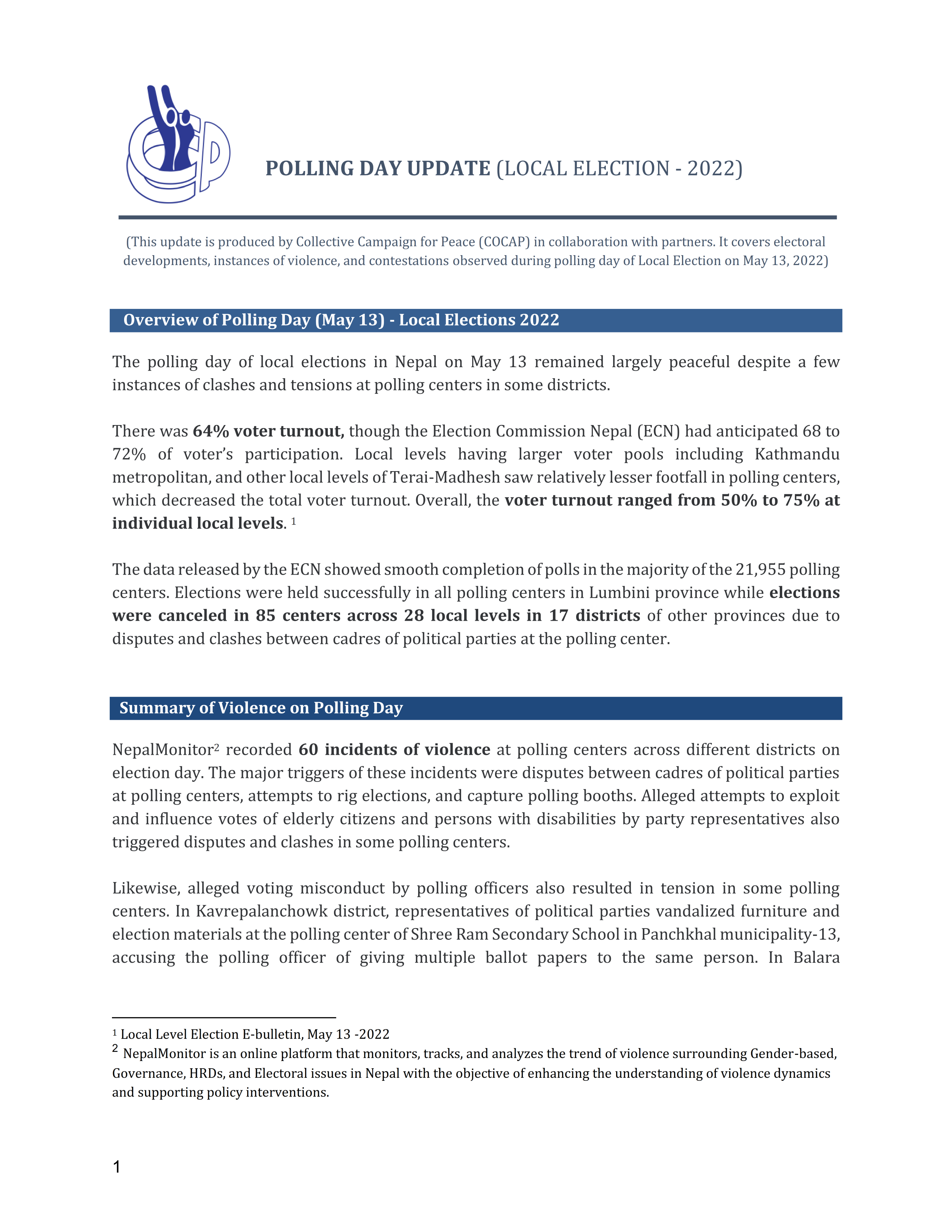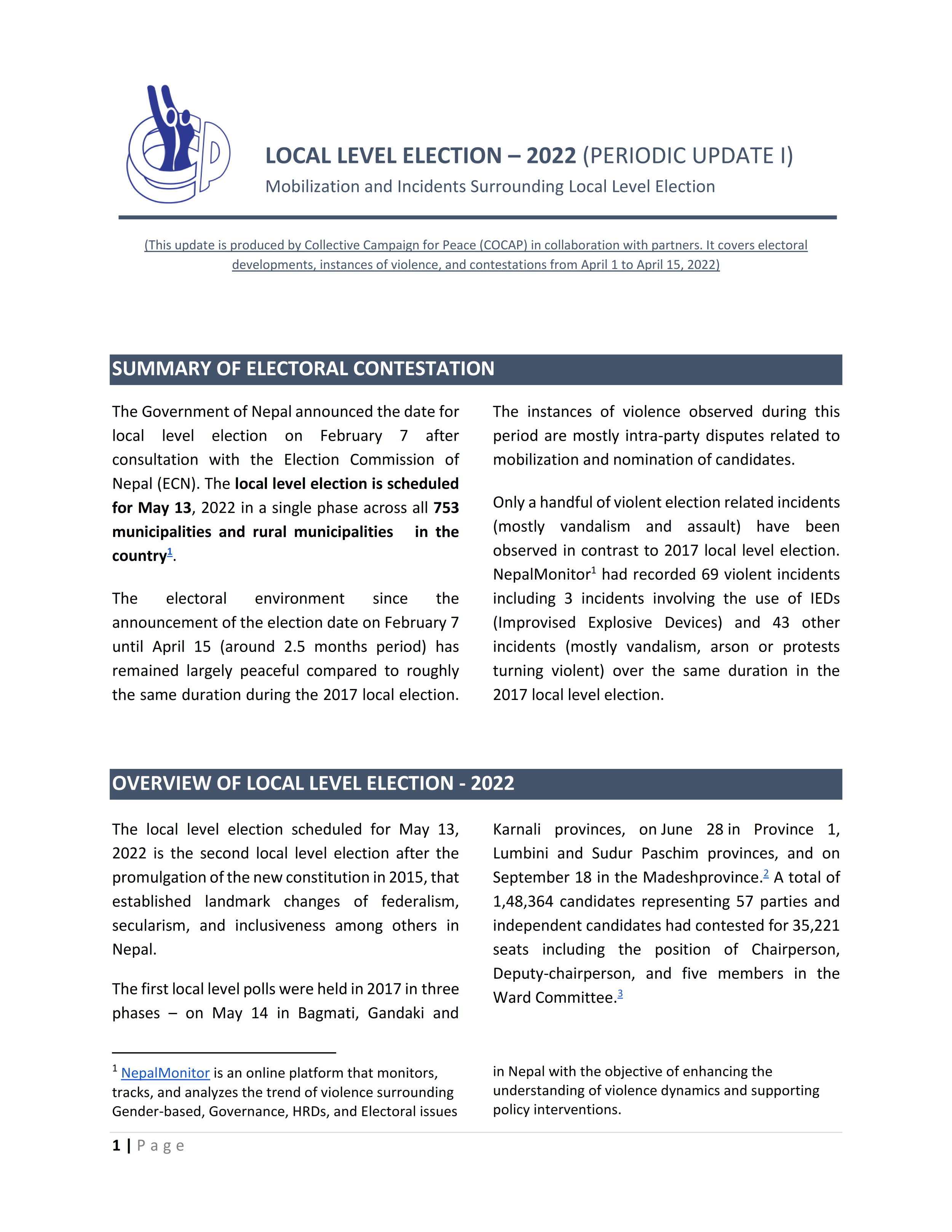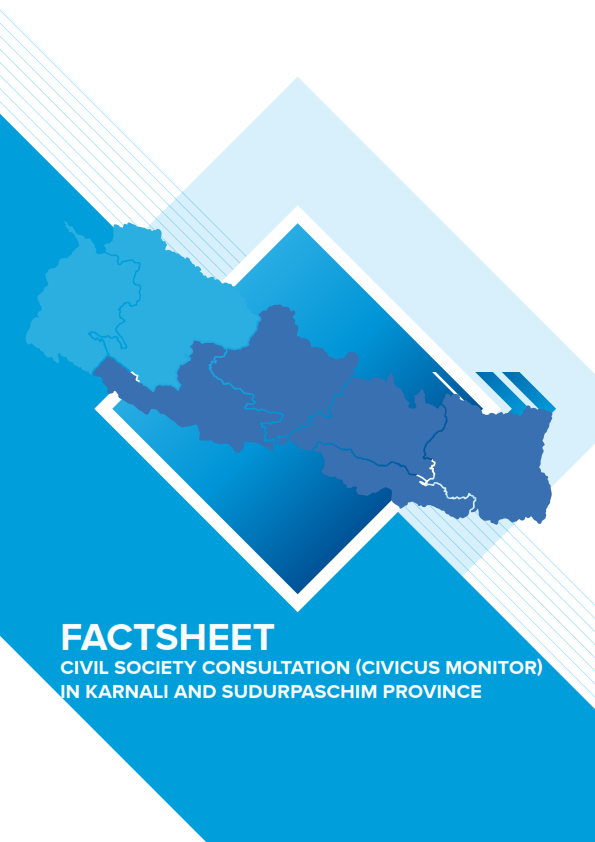Incident Reports
Malaysia flouts own law on migrants’ trade union rights
2015-06-28
Malaysian authorities are found to have been violating their own law in not allowing migrant workers any trade union membership.
Although the Malaysian Employment Act, 1955 guarantees all workers, including migrant workers, the right to join a trade union, immigration authorities, and local employers are systematically preventing the migrant workers from being a part of any trade union and engaging in any form of collective bargaining. This has made the migrants, who already face various forms of exploitation, additionally vulnerable.
The Malaysian authorities maintain at all national and international forums that the Employment Act, 1955 is equally applicable to both domestic and migrant workers. The Act states that “nothing in any contract of service shall in any manner restrict the right of any employee who is a party to such contract to join a registered trade union and to participate in the activities of a registered trade union and to associate with any other persons for the purpose of organizing a trade union in accordance with the Trade Unions Act, 1959.”
But the immigration authorities, according to Nepali migrant workers, coerce migrant workers into signing a separate paper that restricts them from joining trade unions. All migrant workers must receive this 'work permit' from immigration authorities after reaching Malaysia for work.
Separately, the employment contract of migrant workers also states that “if the employee is found with evidence creating social problems and engaged in any illegal subversive or criminal activities, then he/she will be dismissed with immediate effect and will be repatriated to Nepal on his/her own expense.”
Migrant workers say that such a provision in the employment contract is basically meant to discourage migrant workers from joining a trade union. “Most migrant workers hesitate to join a trade union as this may invite additional hassles from employers. This situation has made workers additionally vulnerable to exploitation,” said Prem Pandey, chairman of Nepali Janapragatishil Mancha, Malaysia.
Although Malaysia has not ratified ILO 187, its Employment Act, 1955 has a provision allowing trade unions where all workers can join for collective bargaining. Malaysia has only one registered trade union -- Malaysian Trade Union Congress (MTUC) -- in which migrant workers are legally eligible to join.
G. Rajasekaran, MTUC general council member, said only a few migrant workers have joined MTUC although existing Malaysian labor law allows them to participate in trade unions. “Government officials maintain that both domestic and migrant workers can join a trade union. But hardly any migrant worker comes forward to join the trade union [MTUC],” said Rajasekaran, who has been fighting for the rights of migrant workers in Malaysia.
Malaysia introduced a new policy in 2005 and came up with a rule allowing factories and workplaces to use workers without having to enter into any employment relationship with migrant workers. A new entity called 'outsourcing agents/companies' was created and issued a license/permit by the Ministry of Home Affairs to outsource work to laborers from other countries.
While the 'outsourcing companies/agents' sunder the relationship between workers and employers, the Malaysian Trade Union Act, 1959 provides that when a worker's contract is terminated he/she automatically ceases to be a member of the trade union even if he/she has already joined that union. A large number of Malaysian companies use short-term employment contracts and temporary or casual employees, apparently to discourage their workers from involvement in any trade union activity.
Such tactics on the part of employers make workers less inclined to join or actively participate in trade unions, let alone form new trade unions. “The provision that workers automatically cease to be members of trade unions once their contract is terminated leaves migrant workers deprived of justice even if they have joined a trade union. The employers can simply terminate the contract in case they start collective bargaining for additional perks and facilities,” said a leader of Nepali migrant workers who asked not to be named.
National/Online Media
Related Reports
Governance / Kathmandu
Medical education concern committee protest by banging plates and whistling
September 08, 2023
Governance / Darchula
Workers padlock school citing non-receipt of wages for more than a year
Sudurpashchim, Darchula, Naugad
August 29, 2023
Governance / Sunsari
Prohibitory order issued in Dharan, tightening at entry points
Province 1, Sunsari, Dharan
August 25, 2023
Governance / Morang
Students of Eastern College in Biratnagar on protest
Province 1, Morang, Biratnagar
August 23, 2023
Related Trend Analysis
Analysis

THE NEPAL PEACE MONITOR ANNUAL REVIEW: 2020
October 25, 2021
Human Trafficking / LGBT+ Rights / GBV / Political / Children’s Rights / Senior Citizens’ Rights / HRD Issues / Human Rights / Interpersonal Violence / Governance / Covid-19 / Civic-Space / PwD

_001.png)




